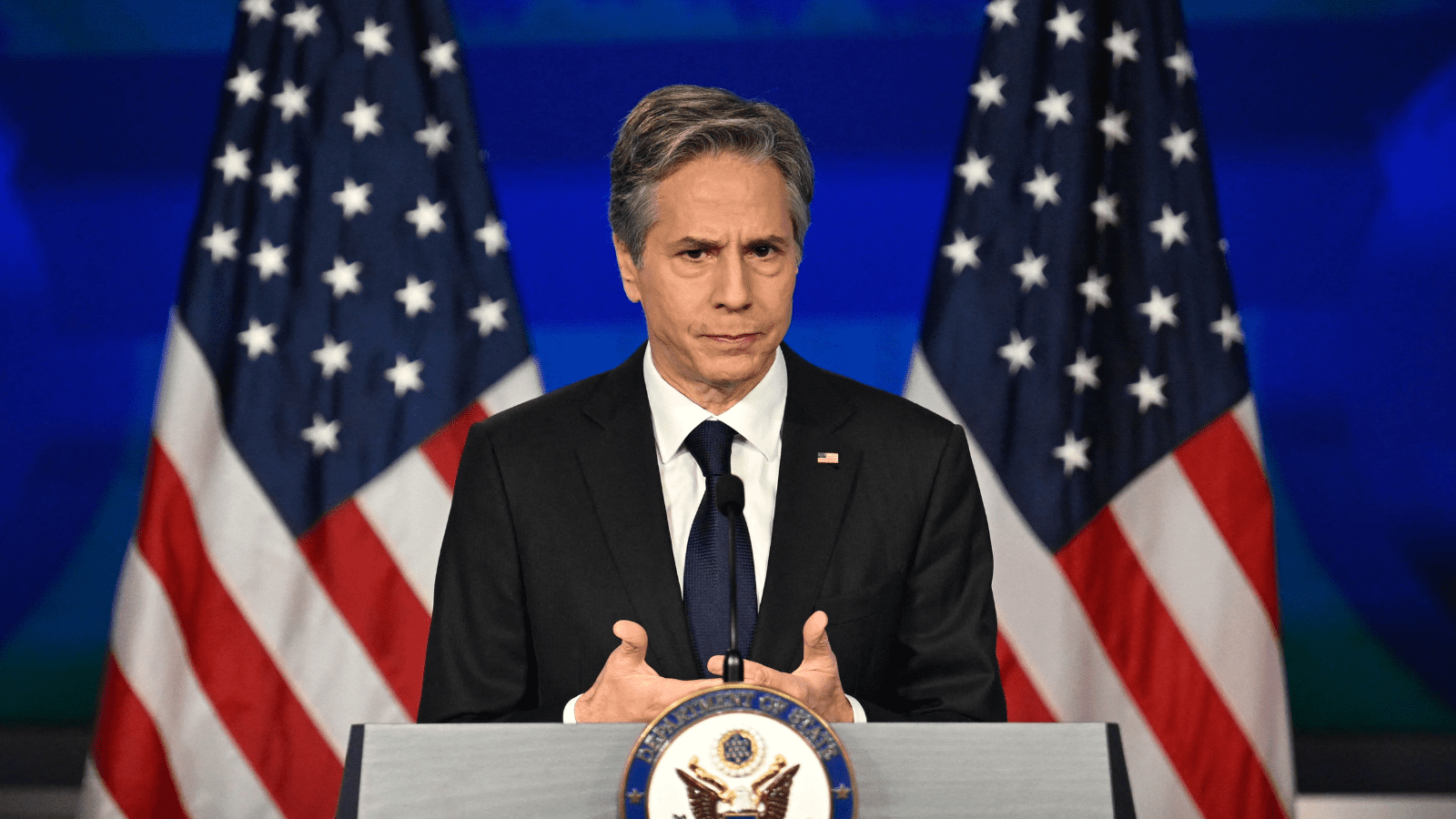The Cold War ended on Afghan soil. Pakistan acted as America’s proxy in this war between America and Soviet Russia in Afghanistan. The war was a significant factor in the fall of the Soviet Union.
This Afghan war is the basis for Pakistan being seen as the cradle of terrorism today. In 1979, the United States, Saudi Arabia, and Pakistan came together to formulate a strategy for this war. America devised a strategy to provoke a struggle against the Soviet Union, which had invaded Afghanistan. America and Saudi Arabia are accused of funding, training, arming and blessing the Afghan Mujahideen.
During this war, millions of Afghan refugees entered Pakistan seeking refuge. This massive influx of refugees had profound effects on the social and political landscape of Pakistan. Due to this Pakistan had to face many negative consequences.
About three million (3,000,000) Afghans died as a result of the war, while millions more fled the country as refugees. Most of the Afghans took refuge in Pakistan and Iran. All this loss of life and property was staged for America’s political agenda.
Today, the United States, Saudi Arabia and Pakistan have the honor of giving birth to the single word terrorism that is spreading and threatening the entire world. Understanding this historical context is critical to understanding and confronting extremism and addressing the complex challenges that terrorism poses in our region.
Pakistan was a hotbed of cross-border militancy. The US transformed Pakistan into a policy tent for its holy war against Communism. Multinational fighters were brought into Pakistan as a team to fight against Russia. It is the United States that has given the go-ahead to cross-border terrorism, which is considered a major challenge and threat to world peace today. The lesson of war was taught in Afghanistan by the students whom Saudi Arabia entrusted with its agents.
Various militant groups were nurtured in Pakistan under the direct supervision of the United States and with Saudi Arabia’s petro-dollar funding. Saudi Arabia provided them with US military training and weapons to feed them with terrorist milk. Terrorist groups like the Taliban and Al-Qaeda emerged from this source, which was created in Pakistan.
The war in Afghanistan had a profound impact not only on Pakistan but also on world politics. This war has probably contributed immensely to the rise of extremism within Pakistan’s borders, in the region and in various parts of the world.
The consequences of the Afghan war have severely affected Pakistan’s economy, democracy and social structure. Due to the continued presence of extremist elements and radical ideologies, the country is still reeling from the clutches of extremism.
Pakistan’s intelligence agency, the ISI, was very deliberate on that day in indoctrinating terrorism and mobilizing people against Soviet Russia. Youths from Muslim-majority countries were transported to Pakistan, trained and mobilized to fight against Soviet forces.
Later, when the war was over and they returned to their own countries, they carried these extremist ideas with them. This is said to be the reason for the spread of extremist ideology beyond the borders of Afghanistan.
Pakistan’s socio-economic conditions, widespread poverty and barriers to educational opportunities have created a fertile ground for extremist ideologies to take root in the country.
During this war many militant groups emerged and strengthened within Pakistan. Pakistan is accused of trying to use the terrorist groups that have received the warmth of Pakistan’s intelligence agency ISI for its own benefit. Due to this, it is also reported that cross-border attacks in the region have not started.
Terrorist attacks took place badly in many countries of the world. The activities of these terrorist groups increased only after the Afghan war. Terrorist groups have carried out attacks in major cities of India. It is noteworthy here that Lashq-e-Taiba, trained in the Afghan field, was involved in the Mumbai attack in 2008.
The US itself benefited from the Afghan war, which was shaped by geopolitical strategies designed in the context of the Cold War. The Afghan war has cost millions of lives and ignited a huge fire of terrorism.
Today it is a painful thing that the fire of terrorism is consuming not only Pakistan but the people living in many parts of the world.








